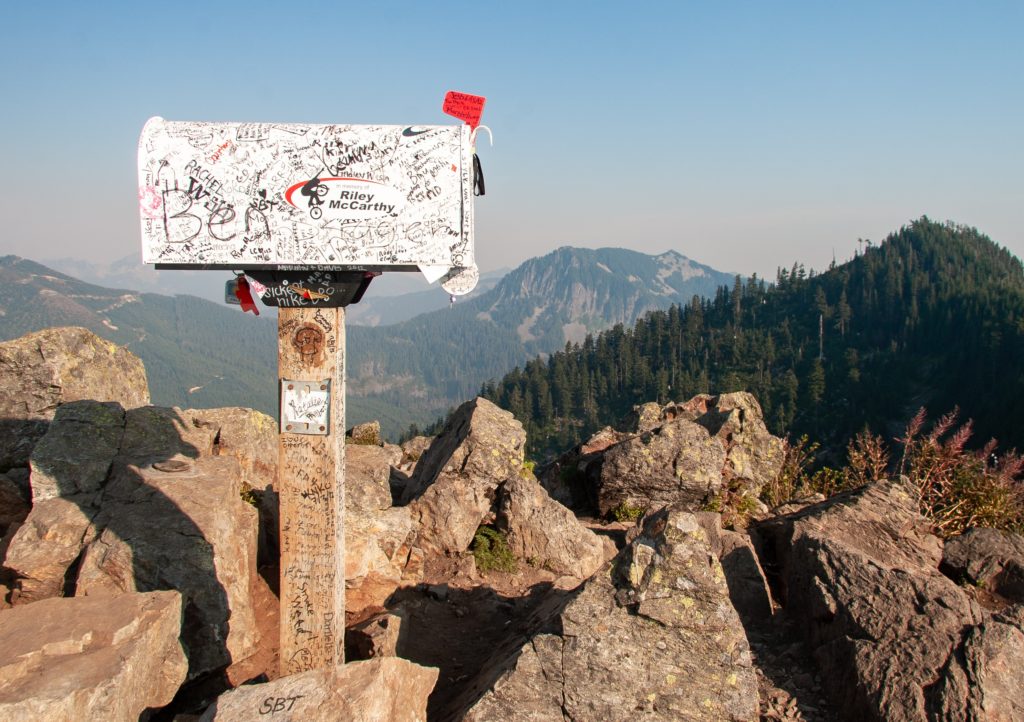
Photo by Chad Peltola on Unsplash
Okay, my fellow writers; let’s put our pens down and our producer hats on for a moment. I’m challenging you to apply for more opportunities. Take your original specs, your short film scripts, your undeveloped features, and web series’ and send them out to relevant contests. Get better at selling yourself and apply for fellowships and mentorships. Let’s get way more systematic. You can prepare for writing contests and mentorships so that you’re not overwhelmed as deadlines approach.
Why? Simply put, when we place ourselves and our work into contests and mentorships, we increase our chances. For the cost of some time, a bit of potential rejection, and the entrance fees, we are increasing our chances at gaining the recognition and buzz that moves careers along to the next level.
Even when we apply for contests, programs or mentorships that don’t come through, we are building the habit of being a professional. As a plus, we develop a thicker skin and it gets easier to do the work.
Step 1: Be Ready
Build regular time for this work into your schedule, both for the initial research and for the individual application prep. One way to decrease anxiety and decrease efficiency is to create a template package, a process checklist, and a support team.
Carole Kirschner talks about building your personal logline. You can use this as a springboard for the all-important letter of intent. Once you have a letter that you feel good about, you can use it as the base template for your various applications, (obviously individualized as needed.) These letters of intent need to show your voice and to feel authentic. You should always have an up to date resume in your file, and a few “ready to send” scripts in your portfolio. Have a synopsis and a treatment for each spec in your portfolio. Will you need someone to proofread your applications? Who will write your reference letters if needed? Will you need graphic design elements for an attached treatment? Think about this in advance and do whatever you can ahead of time.
Step 2: Know Your Stuff
Research your best bets and top priorities. These will differ depending on your genre, your level of experience, and your geographic location. Scan the social media feeds and newsletters of your local arts councils, guilds, national broadcasters, and the major industry markets. You can also learn what contests are lighting up careers by listening to industry podcasts. (We’ve referenced several favorites on our blog over the past year.) Do this homework yourself and you’ll learn a lot more about the industry. Here in BC, you should definitely pay attention to communications from Creative BC, the CMPA-BC, and Women in Film and Television Vancouver, as well as Telus Storyhive and the Directors Guild of Canada – BC, and Crazy8s, to name a few. Spark Animation and Raindance Vancouver are also useful sources of information. I’m sure I’m missing several more so feel free to leave a comment with suggestions.
Step 3: Create Your List
Create a calendar of relevant submission deadlines. Because you are planning in advance, some dates will only be estimates, so make note a few months earlier to double-check and update the details. Make sure you are on social media and newsletter feeds for the contests and fellowships you will be applying for.
Step 4: Do The Work
Be organized, be disciplined and be brave. Do the work. Send in the applications.
Step 5: Be Prepared to Say Yes
Be both prepared to say “yes,” and unflappable if you get a “no.”
This means keeping your schedule clear…ish during the future conferences or mentorships you have applied for. Try not to schedule anything that can’t be rescheduled, moved or refunded.
In case you do get a “yes,” anticipate the obstacles. For example, if you have family, think about what needs to happen in terms of childcare to make this work. Is there any “just in case” groundwork you should be putting into place? Also, financial planning can be a roadblock for most of us. Will you need savings to cover potential travel costs and loss of income? Now is the time to look into funding opportunities and their requirements/deadlines. A little anticipatory thinking and groundwork can go a long way.
If you get a “no,” you’ll need to stay gracious and persevere. After all, most applicants get a no most of the time. That’s why you want to increase your applications in this numbers game in the first place.
If you are not accepted or shortlisted this time around, know that it is not a reflection of your value as an artist.
Here’s a trick – if you want to broaden your perspective and get more comfortable with rejection, get yourself onto a jury for a film festival or a screenwriting contest. Experiencing the submissions avalanche and ensuing selection process from the other side is both illuminating and liberating.
Happy planning and good luck!